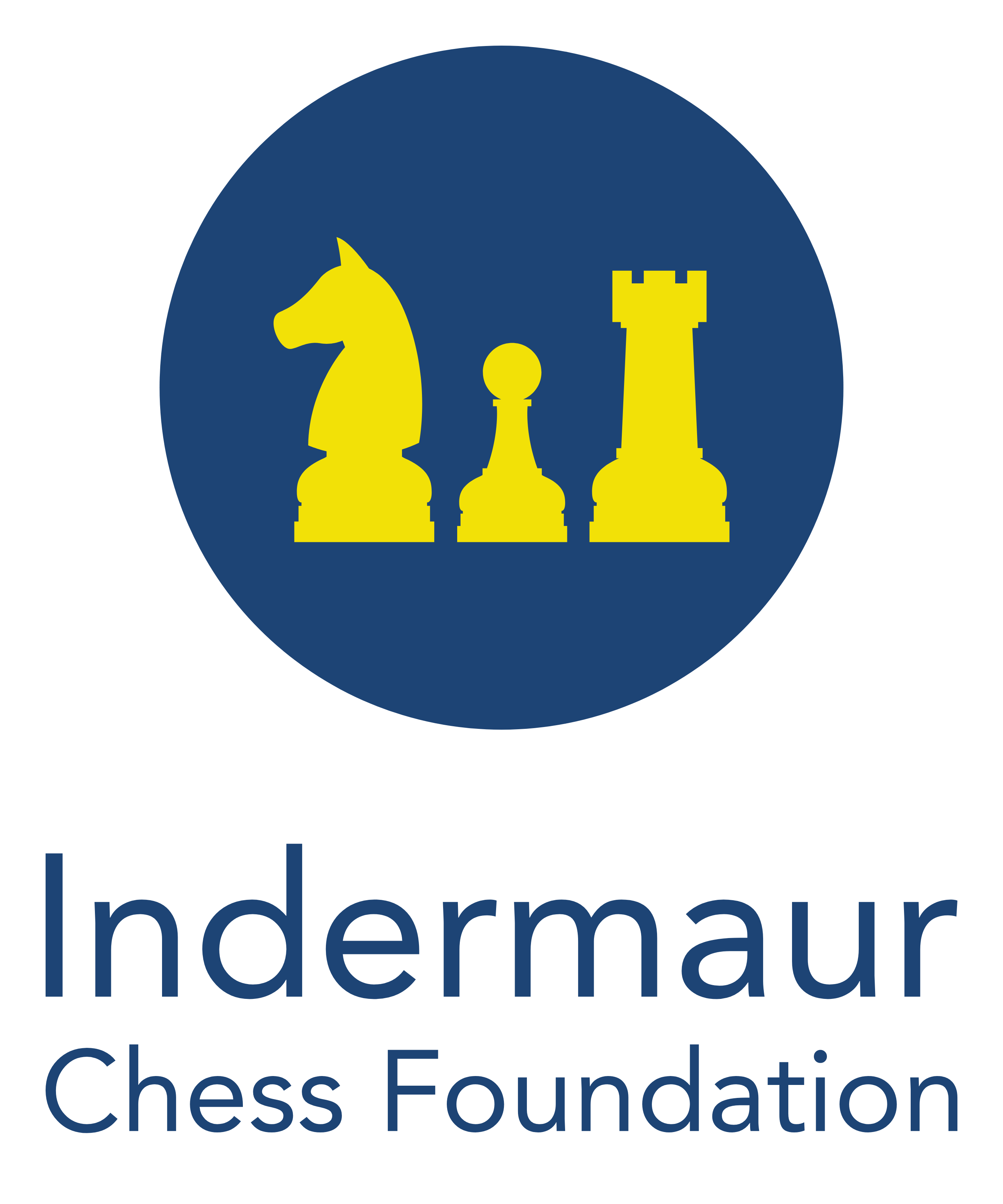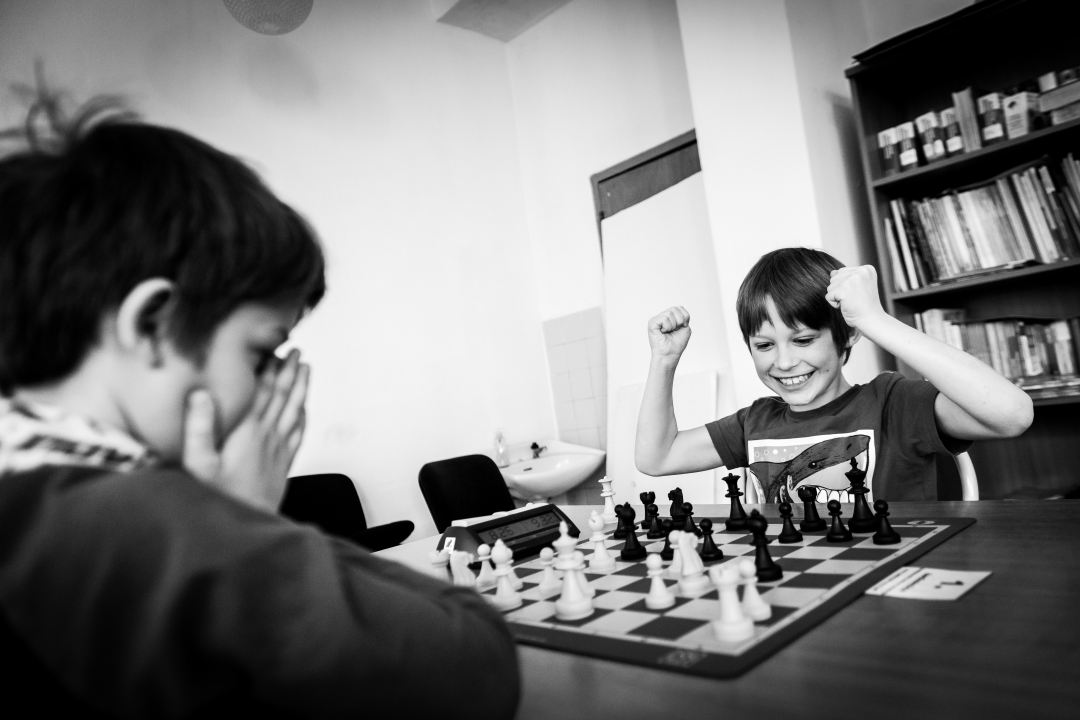School chess clubs provide many benefits to students and schools, but very few schools have them due to financial constraints or a lack of support for volunteer chess organizers. We have personally seen hundreds of families experience these benefits through the clubs where we volunteer, so we started the Indermaur Chess Foundation to help more North Carolina schools start chess clubs.
Students playing chess can improve academic skills such as concentration, reasoning, creativity, and problem solving. Numerous studies have confirmed that chess improves academic performance including these compiled by:
- the US Chess Federation, http://www.uschess.org/content/view/7866/221/,
- the St. Louis Chess Club, https://saintlouischessclub.org/education/research, and
- Chess.com, https://www.chess.com/article/view/compilation-of-chess-and-education-research-studies
Children can also enhance life skills through chess, such as learning from mistakes, considering consequences, thinking ahead, and building confidence. Compared with other sports or academic competitions, chess is a great equalizer. Chess players do not have an advantage based on their age, gender, physical size, race, religion, or socio-economic status. In fact, young children who practice can routinely beat older opponents.
Chess clubs can also contribute to a school’s sense of community as children can play and become friends with students from every grade and class in their school. Parents who volunteer get to know parents from other grades, and families with multiple children at the school can have them all participate in the same club.
Unfortunately, very few NC schools have chess programs or clubs. In the 2015-2016 school year, NC had 2,433 public schools, 159 charter schools, and 742 private schools based on “Facts & Figures 2015-2016” and “NC Private K-12 School Statistics.”
While direct statistics on the number of NC school chess clubs are not available, most school clubs will have some students play in outside tournaments, so tournament statistics can be used to estimate the number of schools with chess clubs. According to ChessStream.com, in 2018-2019, 348 NC schools have at least 1 student who has have played in a US Chess Federation-rated tournament, and 129 NC schools have at least 4 students who have played in a rated tournament. Based on these statistics, we estimate that fewer than 10% of the 3,334 schools in NC have chess clubs.
Most schools follow one of these models to form a chess club:
- Schools that have more financial resources will hire a professional chess academy or coach to run their club.
- Many schools will have a teacher or parent who knows how to play chess lead their club.
- Some schools will have a student who is an experienced player lead their club with a teacher or parent sponsor providing support. Most high school clubs use this approach.
- Some schools will collaborate with their local public library to form a chess club that meets at the library. These clubs may be run by library staff, a school teacher, or a parent and can meet in the evening or on the weekend to accommodate students from multiple schools.
To form a chess club without hiring a chess coach, schools will need a teacher, parent, or older student who knows how to play chess to lead the club. Most of the parents or teachers who would like their school to have a chess club do not have previous experience teaching chess and may feel nervous about volunteering to lead it. This is where the Indermaur Chess Foundation can help. Our goal is to provide these potential club leaders with instructional materials and access to online resources and support to help them succeed.


6 thoughts on “Why should schools have chess clubs?”